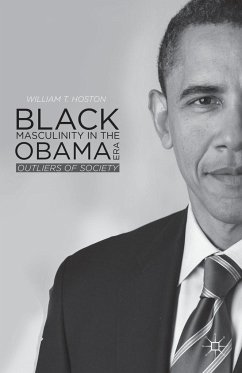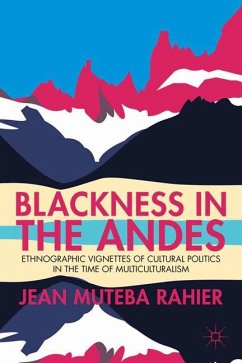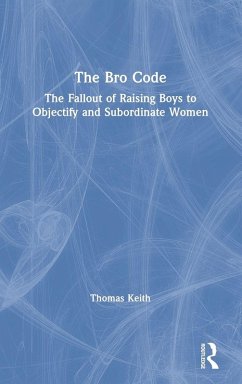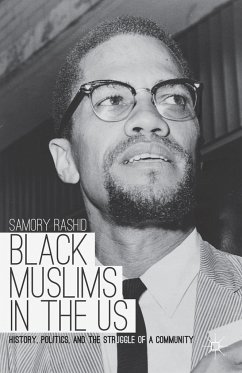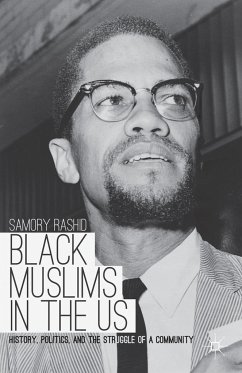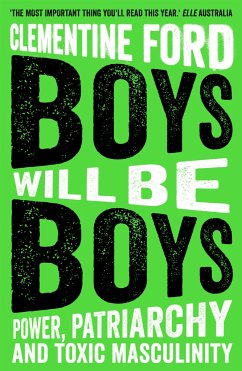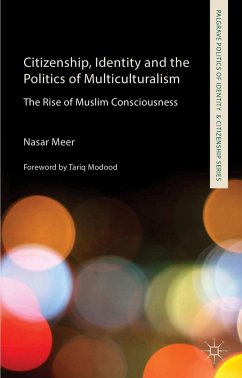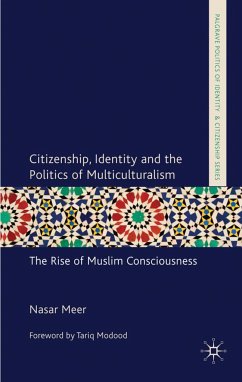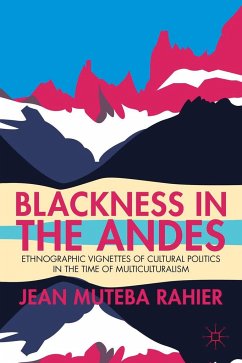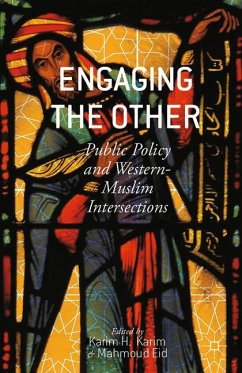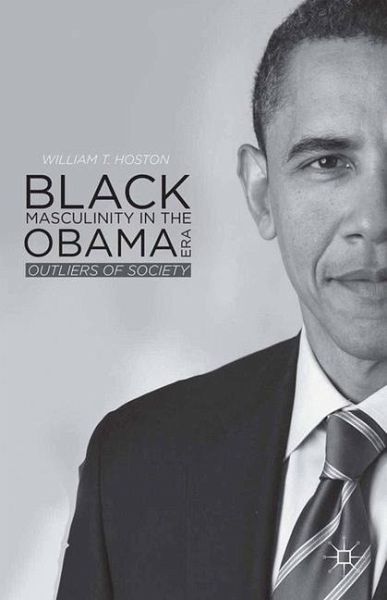
Black Masculinity in the Obama Era
Outliers of Society

PAYBACK Punkte
19 °P sammeln!
Black Masculinity in the Obama Era provides an in-depth examination of the current state of black males and identifies the impact of living in the Obama era. In the era of the first black president, Barack H. Obama, this book gauges the status of black masculinity and provokes discourse to discover whether his election and presence has had an influential impact on black male achievement. A purposeful sample of black males was asked, what does it mean to be a black male in the 21st century? Throughout the interviews with black males, we learn that the 'Obama Effect' has not had the intended imp...
Black Masculinity in the Obama Era provides an in-depth examination of the current state of black males and identifies the impact of living in the Obama era. In the era of the first black president, Barack H. Obama, this book gauges the status of black masculinity and provokes discourse to discover whether his election and presence has had an influential impact on black male achievement. A purposeful sample of black males was asked, what does it mean to be a black male in the 21st century? Throughout the interviews with black males, we learn that the 'Obama Effect' has not had the intended impact on black male achievement and black males continue to be plagued by structural and cultural forces that have historically burdened their plight and level of achievement.





